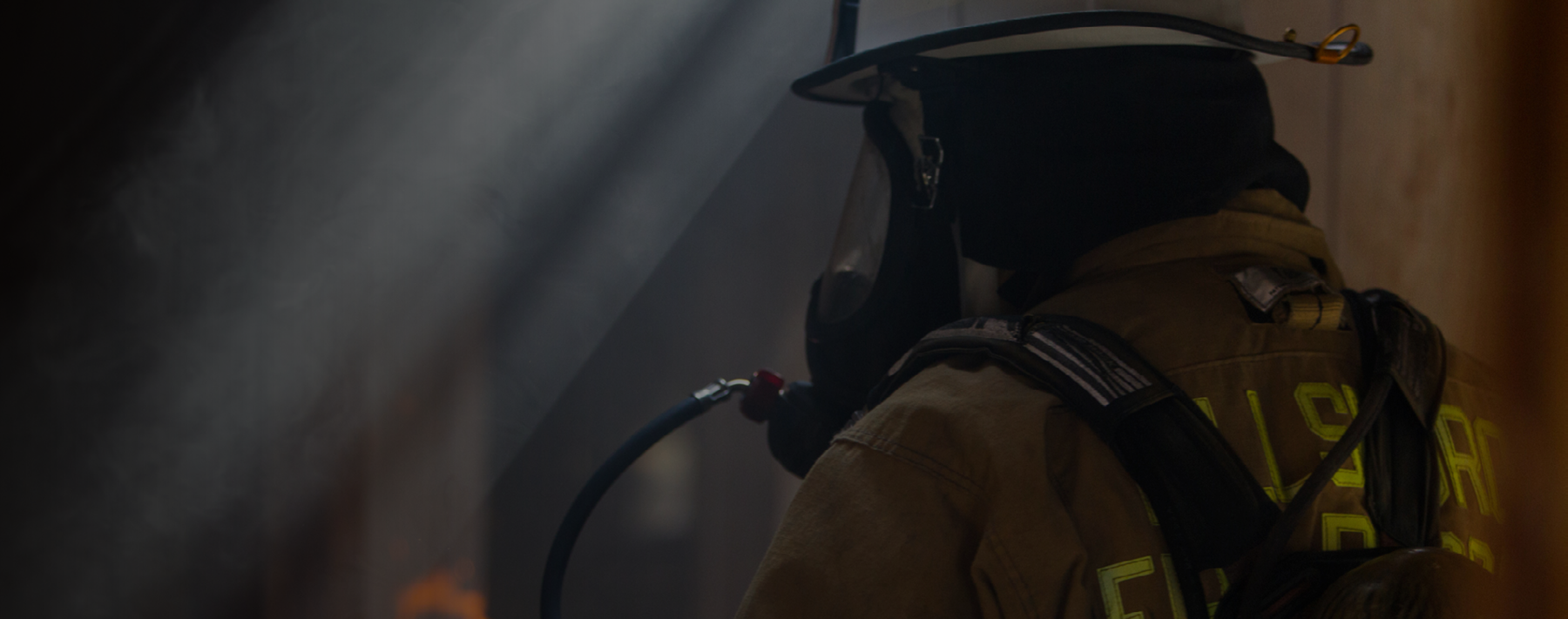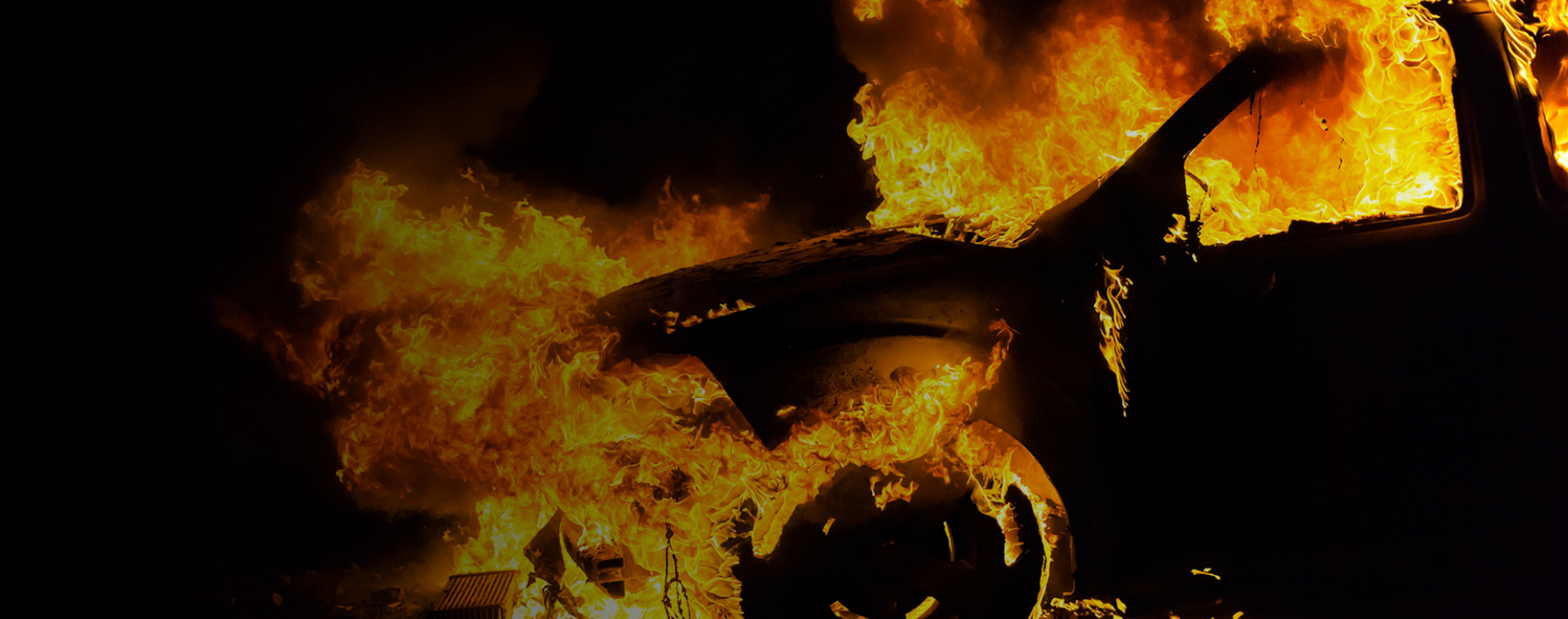Mandatory overtime. Poor leadership. Tight budgets. Challenging crew dynamics. A less-than-ideal shift or station assignment. There’s no shortage of factors that can influence firefighter morale, regardless of rank. And it’s easy to allow immediate events and outside influences to get us down. If we’re not careful, before long we’re dreading coming to work – and whether we realize it or not, our attitude is affecting other members, too.
We’re taught that everything the fire department does should revolve around Mrs. Smith. Whether it’s mopping the floor or polishing chrome or putting in 100% when you train, everything we do should be done so we can better serve Mrs. Smith when the call comes in. That “why” never goes away – but it’s easy to lose focus on it when we’re struggling with poor morale.
So what do we do? Do we continue to allow ourselves to get wrapped up in the negative thoughts? Do we become the station Eeyore? Or do we push back, look inside, and find a way to make things better, internally and externally?
Attitude Is a Choice
If you’re feeling negative about your job right now, you probably don’t want to hear that “attitude is a choice.” And of course, life is not as simple as just choosing to be happy all the time. But attitude is within our control. The mood in which we come to work, how we view things, whether we decide we’re going to give 100% or just 50% — these are all our choice.
As firefighters, we often expect the job to be everything to us – and for us. But that’s unrealistic and unhealthy.
You’ve heard the question, “Would you want you rescuing you?” It’s not just about physical fitness and tactical readiness. That question goes to the heart of your morale as a firefighter. If the answer is no, you have a choice: You can change you or can continue to be part of the problem.
If you’re ready for an attitude change, it starts by simply admitting you need the change. Be willing to take an introspective look: “I’m not happy with what’s going on in my fire service career.” Maybe it’s a lack of training, or you’re having a hard time getting along with the crew. Maybe you’re dissatisfied with your fitness level, your educational achievements or the opportunities for promotion. Just saying it aloud can be liberating.
Once you’ve admitted the problem, don’t just keep it inside. Be willing to share those challenges with other people so they can support you and help you get better. If your department has a peer support team, this can be a good place to start. But don’t limit yourself to the department. Friends, colleagues and counselors outside the fire service can provide an equally important perspective.
Start small. When your morale is flagging, you don’t want to set a mountain-sized goal in front of you. Instead, pick something small to work on that is within your control. Maybe you simply commit to come to work with a positive attitude. If you pick up coffee on the way to work, be pleasant. Just start doing that. If you’re at the station and the complaints start, step away or try to divert the conversation. If you’re being held over on overtime, think about how you sound before you call your spouse to let them know. If you let it get you down, it’s going to get them down, too.
When Things Are Not in Your Control
At this point, you might be fighting with me in your head. “Bruce, that’s great to say, but let’s face it, there’s so many things we don’t control. I want to have a good attitude, but I have to deal with X, Y, Z.”
There is a limitation to how much you can change in any department. Some things are beyond your control. And it’s important for everyone’s health and wellness to recognize when you’ve passed the point of no return. But even then, we can do something. You might be able to change to a new station or even a new department. In some instances, a change of scenery – living in a new city or joining a new organization – is what’s needed to go from a negative to a positive attitude.
There’s no shortage of factors that can influence firefighter morale, regardless of rank.
It goes back to that moment of introspection. Are you the problem? Or is the organization the problem? And if you conclude it’s the organization – and it’s not something you can work to change – it’s OK to leave.
Take professional development as an example. If promoting is important to you but it’s not an option at your current department, you can bang your head against the wall saying they should give you professional development opportunities, or you can choose to do something about it. Start looking around at other departments – maybe a place where there’s been a lot of retirements and there may be more opportunities to promote. Professional development requires the right timing of where the member is at and where the organization is at. If those two elements aren’t aligned, you might need to go somewhere else.
If leaving your department isn’t an option and you can’t change the negative influencers, look for an outlet to release it. Learn a language, take up fishing. You might be surprised how much this allows you to let go of the negativity. It feels good to learn a new skill and invest time and energy in a way that has a positive outcome.
Are You Giving Too Much?
As firefighters, we often expect the job to be everything to us – and for us. But that’s unrealistic and unhealthy. This job will never love you as much as you love it.
If you’re struggling with poor morale, ask yourself, is your dissatisfaction coming from giving too much? We need to set boundaries; we need to give ourselves the grace not to invest every moment of our lives in the job. We need outside interests and passions. Yes, being a firefighter is not just a job; it’s who you are. But there’s a you outside the fire service – and you’re going to need to know that person to successfully weather the ups and downs of your career and find happiness in retirement.
There’s a quote I return to often to keep centered: “If you put this job in front of everything else, you will be disappointed. Stay humble, have fun and do your job at the highest level. But never put the job above everything else.”
What Are You Going to Do Today?
The great Alan Brunacini said that everyone in public safety – regardless of rank, position, years of service, etc. – shares three things in common:
- We chose to come into this business.
- We chose it because it’s important. If we’re not there, who will do this job?
- When people are having their worst day, we can reduce those negative consequences, which people in the community appreciate. That makes us feel good.
And that’s why it’s always possible to have a positive attitude as a firefighter.
So one final question for you: What are you going to do today to have a positive impact on you, your crew, your organization and your community?



